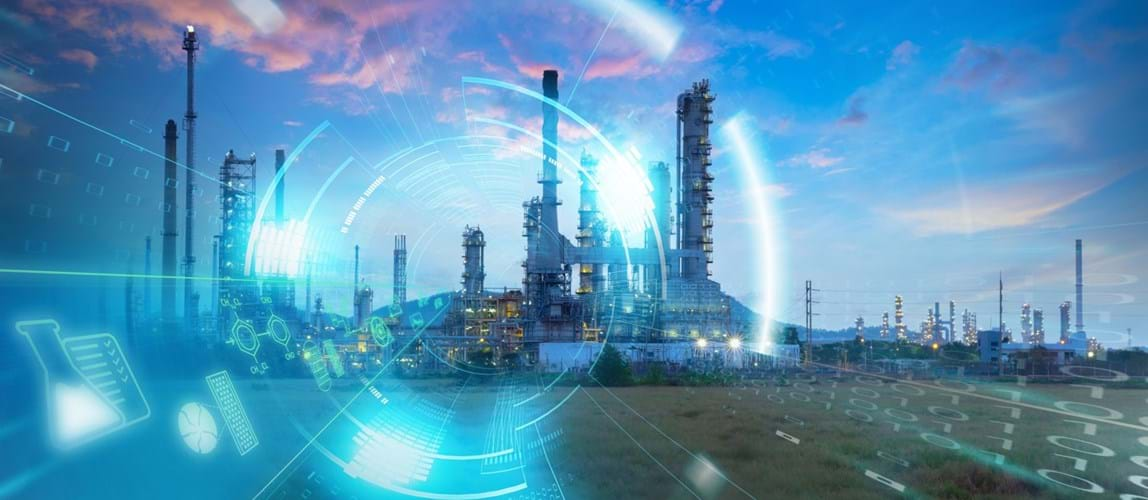Process Management & Control
Webinar: A New Generation of Nonlinear Technologies for Real-time Optimisation of Process Plants

- Date From 29th October 2021
- Date To 29th October 2021
- Price Free of charge, open to all.
- Location Online: 09:00 BST. Duration: 1 hour.
Overview
A new generation of non-linear model-based predictive control (NL-MPC) for polymer plants. While linear model-predictive control (MPC) techniques have been applied very effectively to large-scale continuous plants over the last three decades, the approach cannot easily be applied to high-value batch or semi-continuous processes with multiple products and frequent grade changes, such as polymer production.
One of the most exciting developments in control in recent times is viable non-linear model-predictive control. NL-MPC is now becoming a reality because of the availability of accurate, physics-based process models, the increased speeds and robustness of solution techniques, and the level and availability of real-time data delivered by recent digitalisation initiatives.
State Estimation – combining models and measurements for real-time plant monitoring
The effective management and control of many high-value processes, such as polymerisation, often requires real-time values of quantities (eg, the melt flow index and density of the polymer) that cannot always be measured reliably online. State Estimation (SE) provides a mechanism that can deliver this real-time information. This is achieved by combining those measurements that are available online (typically flowrates, temperatures, and pressures) with physics-based dynamic process models within a formal mathematical framework. Moreover, SE can also provide estimates the current state of the plant, something which is a pre-requisite for advanced applications such as model-predictive control and model-based forecasting of the plant’s behaviour in the near future. A comprehensive SE capability based on the Extended Kalman Filter (EKF) and Moving Horizon Estimation (MHE) algorithms has recently been introduced in the gPROMS platform and can now been applied to any gPROMS model.
Chris Leingang describes the application of PSE’s gNLMPC optimiser to polymer processes for continuous quality monitoring, yield maximisation and acceleration of grade change to minimise production of low-value off-spec material during grade transition. The promising results coming from early pilots show that the technology has the potential to add of the order of a week’s on-spec production to a typical plant annually.
The webinar is aimed at engineers with an interest in model based digital twins of assets for improved operational performance.
Speaker
Chris Leingang, Business Development Manager in Simulation Solutions, Siemens
Chris is a Business Development Manager in Simulation Solutions for Siemens Plc. Chris has numerous qualifications including a Masters degree from the University of Applied Sciences in Communications Technology. Chris has worked for Siemens for over eight years, mainly in the areas of simulation and optimisation.
The material presented in this webinar has not been peer-reviewed. Any opinions are the presenter’s own and do not necessarily represent those of IChemE or the Process Management and Control Special Interest Group. The information is given in good faith but without any liability on the part of IChemE.
Time
09:00—10:00 BST.
Format
A one-hour online session: 40 minutes' presentation + 20 minutes' Q&A.
Software
The presentation will be delivered via GoToWebinar®.
Check system requirements.
You are advised to join the webinar at least ten minutes before the scheduled start time, to allow for your computer to connect.
Member-exclusive content
Become an IChemE member to enjoy full access to this content and a range of other membership benefits. If you are already a member, please log in.
Back to events